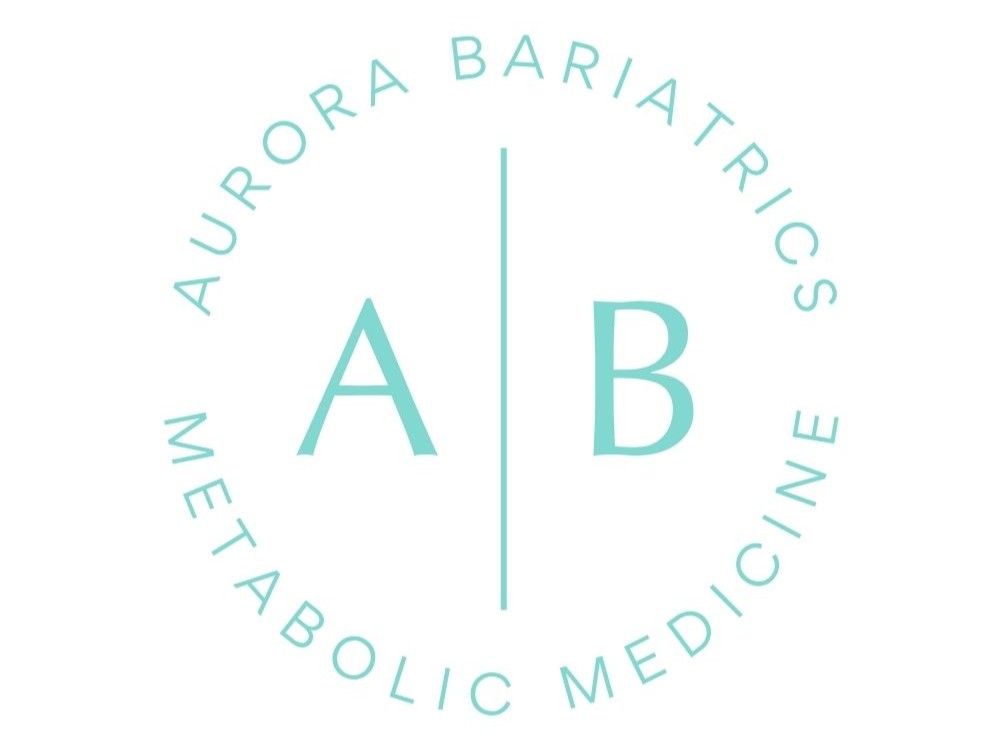Revision Bariatric Surgery
When Weight Loss Surgery Doesn’t Go as Planned
Weight loss surgery is a powerful tool, but for some patients, the initial procedure doesn’t result in the outcomes they hoped for. Whether it’s due to inadequate weight loss, weight regain, or complications, revision bariatric surgery may offer a second chance at long-term success.
At Aurora Bariatrics, revision and corrective surgery are generally for patients who are considered “non-responders” or are experiencing problems after a previous procedure.
Why Consider Revision Weight Loss Surgery?
You may benefit from revision surgery if:
- You haven’t lost enough weight after your original surgery
- You’ve regained weight after initial success
- You’re experiencing complications (e.g. reflux, vomiting, or pain)
- Obesity-related conditions like type 2 diabetes or sleep apnoea remain unresolved
Revision surgery can help you get back on track and improve both your weight and overall health — but it does require a personalised approach and careful planning with your surgeon.
Common Types of Revision Surgery
Our experienced team regularly performs the following revision procedures:
| Original Surgery | Revision Options |
|---|---|
| Gastric Band | Band removal (for intolerance or complications) |
| Band-to-Sleeve conversion | |
| Band-to-Bypass conversion | |
| Sleeve Gastrectomy | Re-sleeve (for pouch enlargement or inadequate weight loss) |
| Sleeve-to-Gastric Bypass conversion | |
| Gastric Bypass | Pouch tightening or resize |
| Band placement over pouch (rare) |
Note: If you're having your gastric band removed, we generally recommend waiting at least 3 months before proceeding with further surgery.
What Is Involved in Revision Surgery?
The exact surgical plan will depend on your previous operation, current health, and your goals. Your surgeon will review your medical history and imaging before recommending the best option.
Common steps involved in revision surgery may include:
- Laparoscopic (keyhole) approach with small incisions
- Removal or modification of the previous device or procedure
- Stapling, resizing, or converting to a new surgery type
- Hospital stay of 1–2 nights depending on complexity
Revision surgeries are typically more complex than initial procedures and carry slightly higher risks, such as:
- Longer operating time
- Increased risk of bleeding or infection
- Rare need for open surgery
- Slightly slower recovery
Gastric Band Removal
The Adjustable Gastric Band (Lap-Band) is a silicone ring placed around the top of the stomach to restrict food intake. Although reversible, many patients experience issues such as poor weight loss, reflux, or discomfort.
Band removal is a relatively straightforward laparoscopic procedure and usually requires an overnight hospital stay. Once removed, the stomach returns to its normal shape — but hunger and weight gain may return without further intervention, such as a conversion to a sleeve or bypass.
Is Revision Surgery Right for You?
Revision surgery may be appropriate if:
- Your initial weight loss has plateaued or reversed
- You’re experiencing persistent symptoms like reflux or vomiting
- You’ve developed complications or new health issues
- Your previous surgery was many years ago and no longer meets your needs
Your suitability will be assessed during your consultation and may include:
- Endoscopy or imaging to assess your anatomy
- Blood tests to check nutritional and metabolic health
- Discussion with your surgeon to weigh up risks and expected outcomes
Preparing for Revision Surgery
Just like your first operation, revision surgery requires preparation to ensure the best outcome.
Your pre-op checklist may include:
- Liquid diet (VLCD) for 2–4 weeks prior
- Dietitian, Bariatric GP, Nurse Practitioner and surgeon consultations
- Medication review and smoking cessation
- Support planning and post-op recovery setup
What to Expect After Revision Surgery
Recovery times vary depending on the procedure. Most patients can expect:
- 2–4 days off work for gastric band removal
- Liquid and pureed diet for 2–4 weeks
- Gradual return to light activity
- Structured follow-up with your clinical team
Weight loss results after revision surgery can be slower or more modest than a first procedure, but many patients still experience life-changing improvements in health and quality of life.
Costs & Payment Options
Costs for revision surgery vary based on your previous surgery, the complexity of the revision, your health insurance status, and hospital fees.
After your consultation, we’ll provide a detailed quote tailored to your circumstances. Flexible payment options and Medicare rebates may be available depending on your eligibility.
Take the Next Step
Not every patient needs revision surgery — but for those who do, it can be a life-changing opportunity to reset their health journey.
If you’re unsure about your current surgical outcomes or are experiencing symptoms, our team is here to help. We’ll guide you through your options and offer a clear, compassionate plan forward.
Book a consultation with Aurora Bariatrics today and take the next step toward better health.


